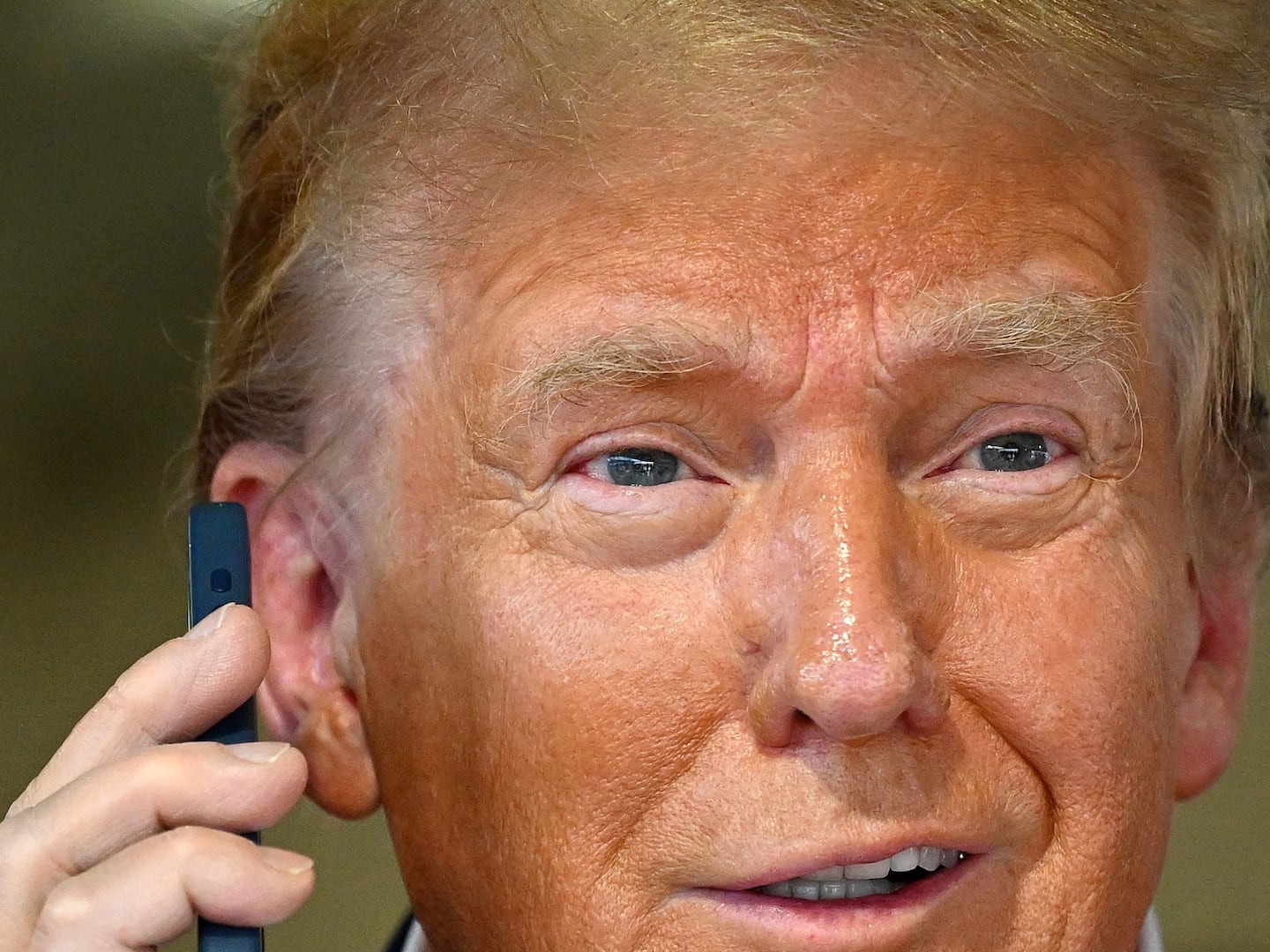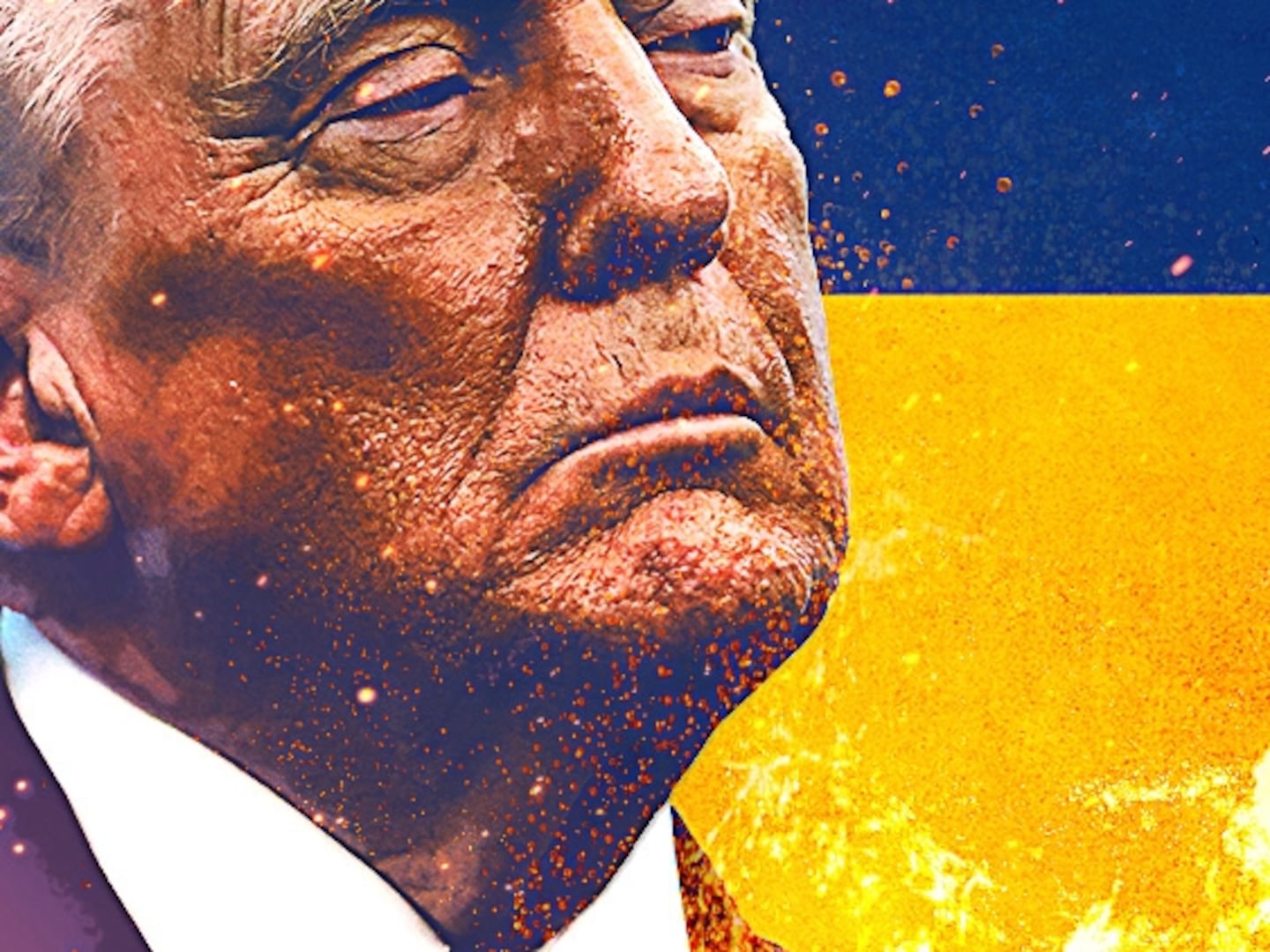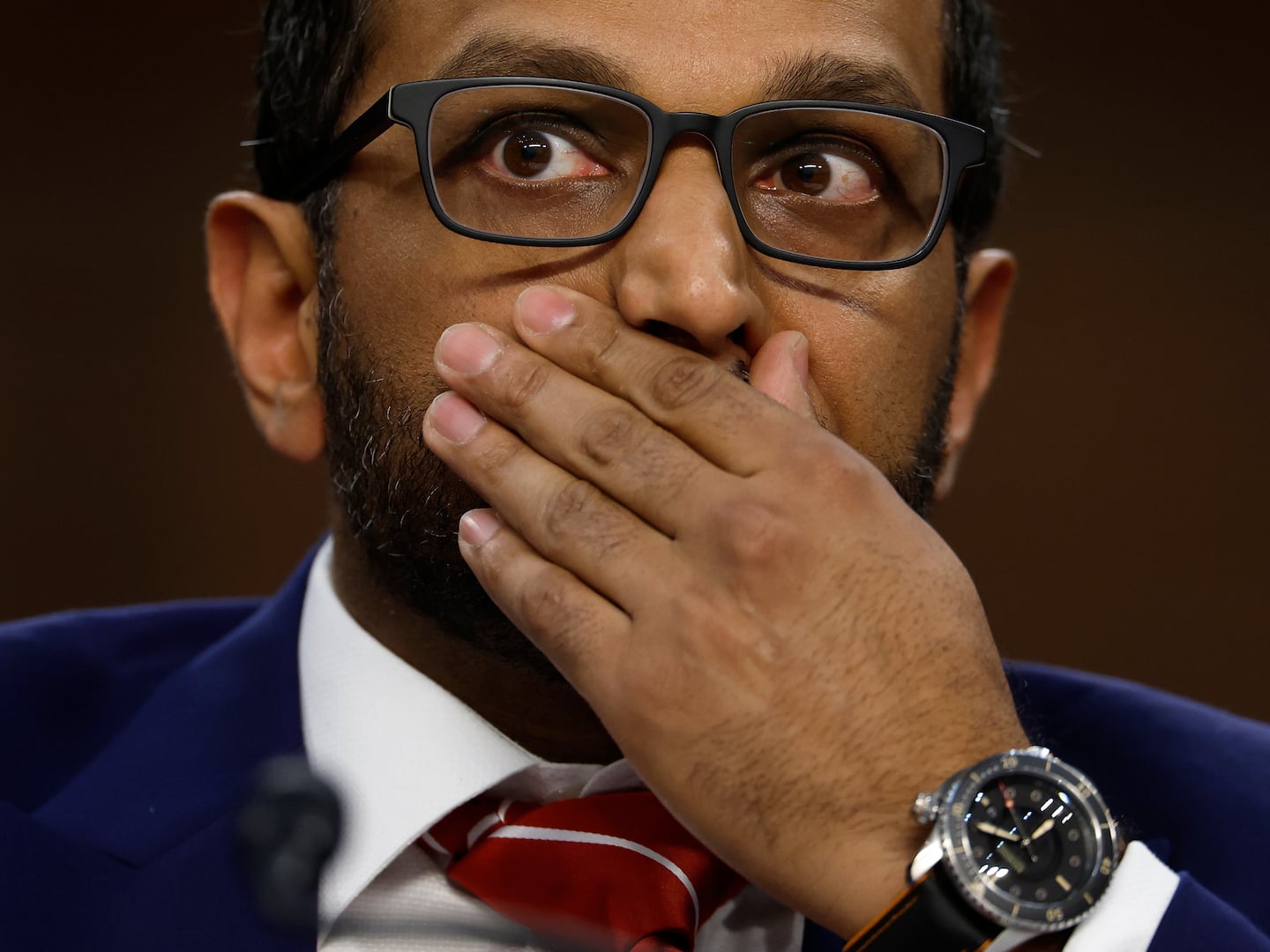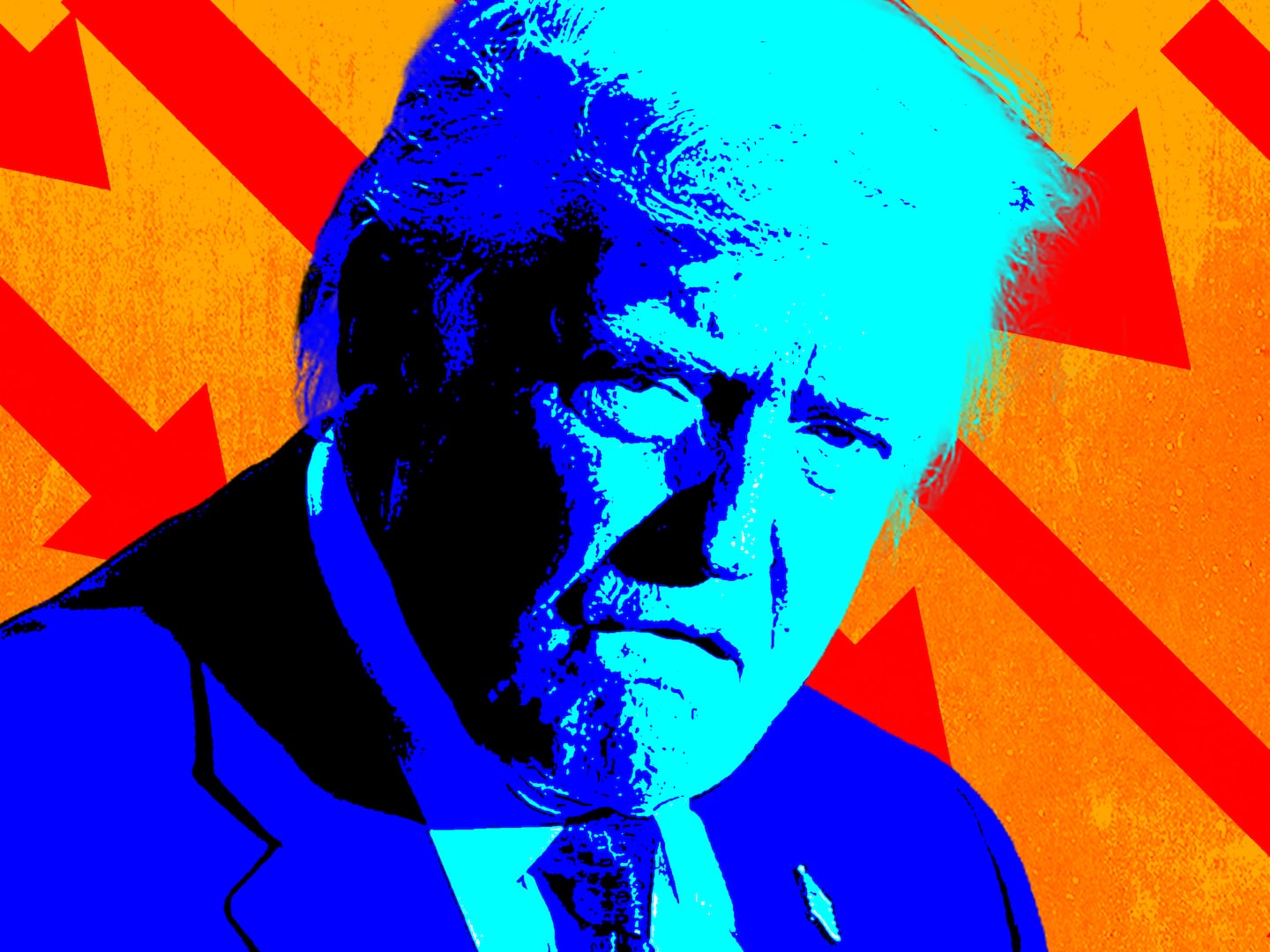Well, of course Benjamin Netanyahu doesn't think Iran's president-elect, Hassan Rowhani, is a "moderate." He—and his right-wing supporters—have been mocking the term from the get-go, often putting in square quotes, as if "moderate" wasn't, by definition, a relative term. It turns out that on what should be an issue of importance to Netanyahu and pro-Israel advocates everywhere, the man may actually fit the designation: Rowhani, given the opportunity, chose to eschew the Iranian regime's usual hard-line rhetoric (something of an understatement) against Israel. "Iranian leaders have often called Israel a 'cancerous tumor' that 'should be wiped from the pages of time,'" the New York Times's excellent Tehran bureau chief Thomas Erdbrink reported. "But on Friday, the country’s incoming president, Hassan Rowhani, struck a more moderate tone, by merely calling the Israeli occupation of Palestinian lands 'a sore.'"

Yet before that translation of Rowhani's remarks became apparent, an errant reading of the quote circulated widely after a pair of Iranian state-affiliated news agencies reported it. The misquote, as reported in Mehr, a state-run outlet, initially read: "Israel is a wound on the body of the world of Islam that must be destroyed" (alternatively translated as "should be removed"). Reuters picked up the remarks, citing the Iranian news agency, and Netanyahu and many of his supporters quickly ran with it. "Rowhani's true face has been revealed earlier than expected. Even if they will now rush to deny his remarks, this is what the man thinks and this is the plan of the Iranian regime," said Netanyahu in a statement posted on Facebook. "These remarks by President Rowhani [sic] must rouse the world from the illusion that part of it has been caught up in since the Iranian elections." His right-wing supporters quickly followed suit.
But Saeed Kamali Dehghan, a correspondent covering Iran for the Guardian, tweeted a video of the remarks and noted, "There's no mention of Israel 'should be removed' in Rowhani's remarks." The Israeli-Iranian analyst Meir Javedanfar noticed it too, and eventually Al-Monitor's Iran press blogger Arash Karami provided a full translation of the quote: "Quds day, which is in memorial of Imam [Khomeini], is a day that people present the unity of Islam against any type of oppression or aggression," it reads, in part. "And in any case, in our region, it is an old wound that has been sitting on the body of the Islamic world, in the shadow of the occupation of the holy land of Palestine and the dear Quds."
Now, there's some ambiguity in the statement: Does Rowhani regard the whole of Greater Israel occupied, including those sections within the 1967 lines that make up Israel proper? Or does he think Israel has no claim on any part of Jerusalem, which would be more mild, but still incendiary? We do know that, as Erdbrink reported in the Times, "in his several books [Rowhani] denounces Israel." It's not exactly clear, but even that ambiguity stands as a moderation of Iranian officials' past remarks, which often call for Israel's destruction and are heavily littered with anti-Semitism. Rowhani's remark, read with a modicum of generosity, does neither.
Netanyahu, though, remained undaunted. In a remarkable show of stubbornness, his office stuck to his initial statement in response to inquiries from reporters. One of Netanyahu's twitter accounts (@Netanyahu) had deleted a tweet summarizing the statement, but a spokesman dismissed that in remarks to BuzzFeed's Rosie Gray: "No statement was retracted. The relevant account is his official one—@IsraeliPM account. Nothing was removed from that one," the spokesman said. Likewise, another official told Haaretz's Barak Ravid, "We are standing 100% by our statement regarding Rouhani. We knew the Iranians would deny but we are not walking it back." Perhaps most incredibly, an Israeli official told JTA's Ron Kampeas: "The Iranians have a consistent track record of saying things and then denying them. We have no doubt that the remarks attributed to Rowhani reflect his current thinking.” Kampeas noted on Twitter that this was inconsistent with what was in the first statement: that there was something new to be observed in Rowhani's remark.
Matt Duss, an analyst at the Center for American Progress, captured the absurdity when he tweeted: "So they're pleading truthiness, basically?" Truthiness has, of course, been defined as "the quality of preferring concepts or facts one wishes to be true, rather than concepts or facts known to be true." (Kudos to AIPAC, which deleted a Tweet containing the misquote and then tweeted Max Fisher's Washington Post article rounding up pretty much everything about the flap.)
Then another wrinkle: as the controversy erupted, Rowhani's Twitter account posted a video of the interview in question—with English subtitles—with the comment: "Some media quoted Rouhani as saying that Israel must be eliminated. This is a proof 4 the falsehood of these claims." I asked Golnaz Esfandiari, the excellent reporter and Iran analyst for REF/RL, if Rowhani's Twitter account was legit: "No Iranian official is likely to acknowledge having an official Twitter or Facebook account for obvious reasons. The same, I think, applies to Rouhani," she said, skeptically. "It seems that the account is run by people who are close to him, maybe his media team." Another careful Iran observer told me basically the same thing. But even with that admittedly large grain of salt, it's worth noting that the purported Rowhani Twitter statement goes some way toward eliminating the ambiguity in the quote.
Returning to Netanyahu, it's getting hard to deny that Rowhani isn't making a play for real reform in Iran, on a number of fronts. But it remains unclear whether Rowhani will be able to overcome the establishment powers, like the Supreme Leader Ali Khamenei, who has final say on matters of state and has an unambiguous record of anti-Semitic statements. (Indeed, the analyst Javedanfar noted the Rowhani misquote may have come about because hard-line elements wanted to "embarrass Rowhani.") But the notion that Rowhani is no different than Iran's outgoing anti-Semitic president, Mahmoud Adhmadinejad, defies his growing record of espoused moderation and, even pre-inauguration, some moves in that direction. "The world would no longer hear provocative rhetoric such as denial of the Holocaust from the new Iranian president," wrote the Iranian Princeton scholar, former nuclear negotiator, and regime insider Seyed Hossein Mousavian recently.
Netanyahu should dispense with his never-back-down rhetoric. Frankly, it's a bit embarrassing that he can't admit his statements, based on someone else's errors, now appear out of whack with reality, and insists on some kind of mind-reading capability. It's not a coincidence that Netanyahu's statement came in English; he's long-since been trying to push the U.S. toward a course that is almost sure to end in war. He ought to at least make his case on accurate translations.






